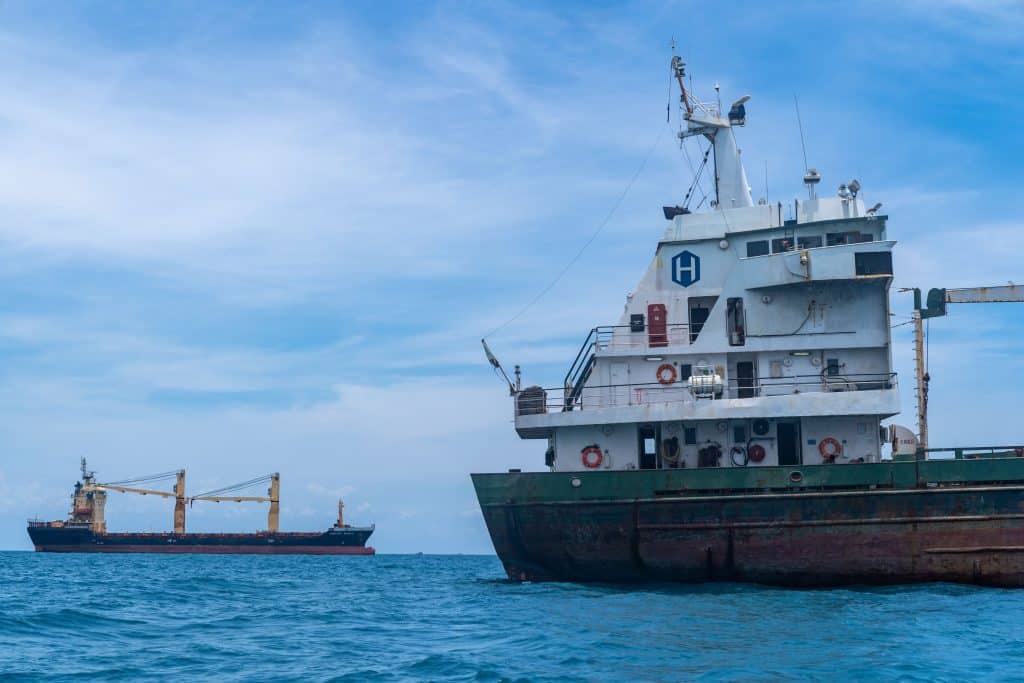The European Commission issued a communiqué on 5 January 2023, regarding the fight against illegal fishing in the world. And in this note, Cameroon was pinned as a non-cooperating country in the fight against illegal, unreported and unregulated fishing (IUU). The immediate consequence of this tagging is that the Member States of the European Union (EU) will stop imports of fishery products from Cameroon, even when they are accompanied by certificates issued by the national authorities.
It is in this context that a sensitisation workshop on illegal, unreported and unregulated (IUU) fishing and marine biodiversity conservation will take place from 7 to 10 June 2023. Organised by the Environmental Justice Foundation (EJF), a British environmental non-governmental organisation (NGO), the workshop is taking place in the port city of Kribi, in southern Cameroon. The participants are Cameroonian journalists from different media (radio, television, print and online).
Losses of 10 to 23 billion dollars per year for the world economy
Intervening within the framework of the EJF’s ocean campaign, the Kribi workshop also has an eventual character. It will be held 48 hours after the 6th edition of the International Day against Illegal, Unreported and Unregulated Fishing. Proclaimed in 2017 by the United Nations General Assembly, the International Day against IUU fishing, celebrated every 5 June (the same date as World Environment Day, editor’s note), aims to raise awareness of the importance of sustainable fishing, while drawing attention to the difficulties faced by small-scale fishermen and women who make up 90% of the workforce in the fisheries sector worldwide.
According to the EJF, illegal, unreported and unregulated fishing includes fishing without a licence, under-reporting catches, catching prohibited species, using illegal fishing gear or fishing in marine protected areas or areas reserved for artisanal fishers. “These activities are responsible for the annual catch of between 11 and 26 million tonnes of fish, depriving the global economy of between $10 and $23 billion,” says the UN Food and Agriculture Organisation (FAO).
Read also-WEST AFRICA: Factory ships accused of plundering fisheries resources
To address this problem and restore available fish stocks, Goal 14 of the Sustainable Development Agenda, adopted in 2015 by the United Nations (UN) General Assembly, encourages the international community to conserve and sustainably use the world’s oceans, seas and marine resources.
Boris Ngounou
